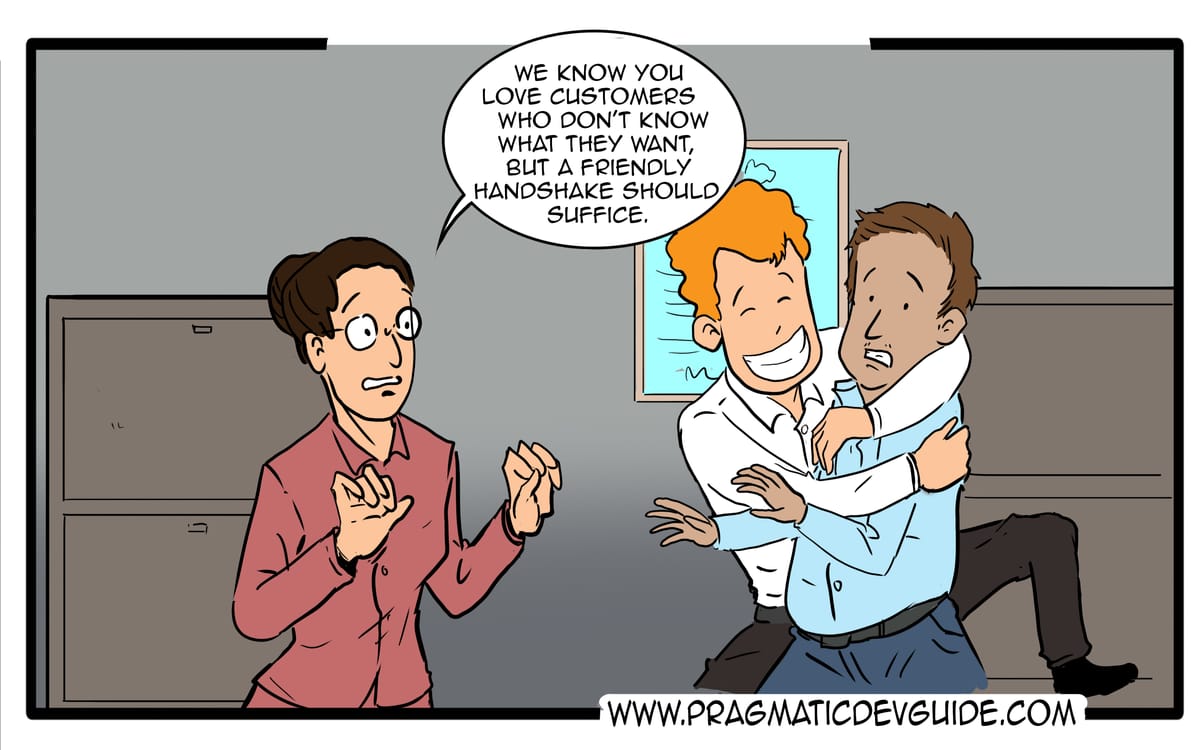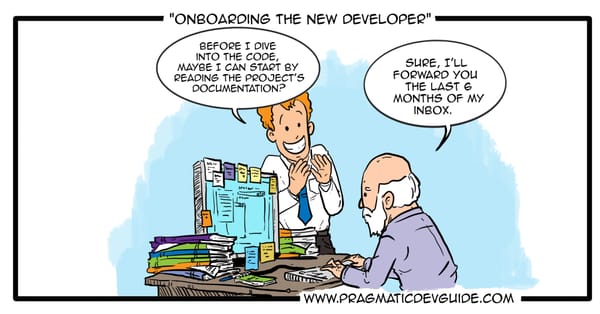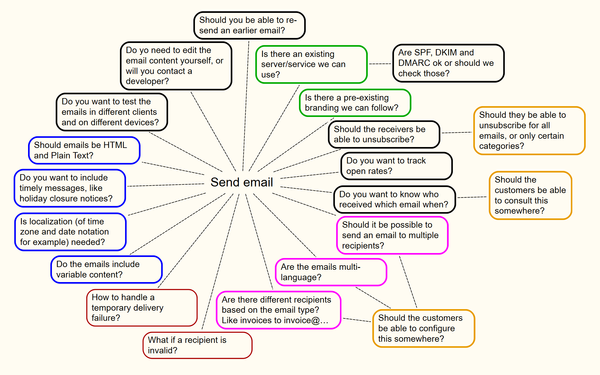When Software Development Clients Don't Know What They Want (And Why I Actually Like That)
"The users don't know what they want". A software development classic, often accompanied by an eye roll. But this can actually be a good thing.

“The users don’t know what they want”. A software development classic, often accompanied by an eye roll. But this can actually be a good thing.
Why? It’s an opportunity to dig deeper and propose a solution that truly makes a difference. A chance to become problem-solvers instead of order-takers.
But what about clients who do know exactly what they want?
They’ve either done their homework and just need someone to build it. Nothing wrong with that. Or they don’t have a clue what they’re doing. Watch out for these red flags:
- Vague or inconsistent specs. If they can’t provide details, something’s off.
- Reluctance to discuss underlying needs or processes. Are they afraid of a reality check?
- Fixation on features, not business needs. Missing the forest for the trees?
- Unrealistic budget and timeline. Even with AI we can’t work miracles (yet).
- Silo thinking. No consideration for integration or cross-department use.
Often, these clients are basically looking for a yes-man to build within their budget
Spoiler alert: it rarely ends well. Best approach? Be honest about the limitations, explain your concerns, and follow up later. Things change, heads get bumped, so keep the door open.
Let’s look at a real-world example
Picture this: A sales manager spends hours monthly compiling data from their team and tools into a report for the CEO. They want you to build a one-click solution to:
- Send forms to the team to fetch the data needed.
- Fetch data from the sales tool(s).
- Unleash some calculations, transformation, and algorithms on the data.
- Bundle it all into an Excel sheet.
Sounds reasonable? Let’s think outside of their box:
- Why isn’t all important data already in the sales tool? Or why isn’t it up-to-date?
- Wouldn’t the CEO prefer a live dashboard or an ad-hoc report instead of a monthly one?
- Wouldn’t it be better if the sales manager spent more time analyzing the data instead of compiling it?
But let’s get back to our clueless clients, who are nevertheless your allies in building an effective solution.
Even if a client can’t formulate a solution themselves, they can still provide a goldmine of information
Most people can tell you:
- Their current process and pain points. (might be interesting for your value proposition!)
- What they’ve already tried and why it didn’t work out.
- What they definitely do not want.
- Everything about their domain.
So next time you hear “The users don’t know what they want,” don’t groan. See it as your opportunity to be a valuable partner, a problem solver instead of a code monkey.
Thoughts? I'd love to hear them.




